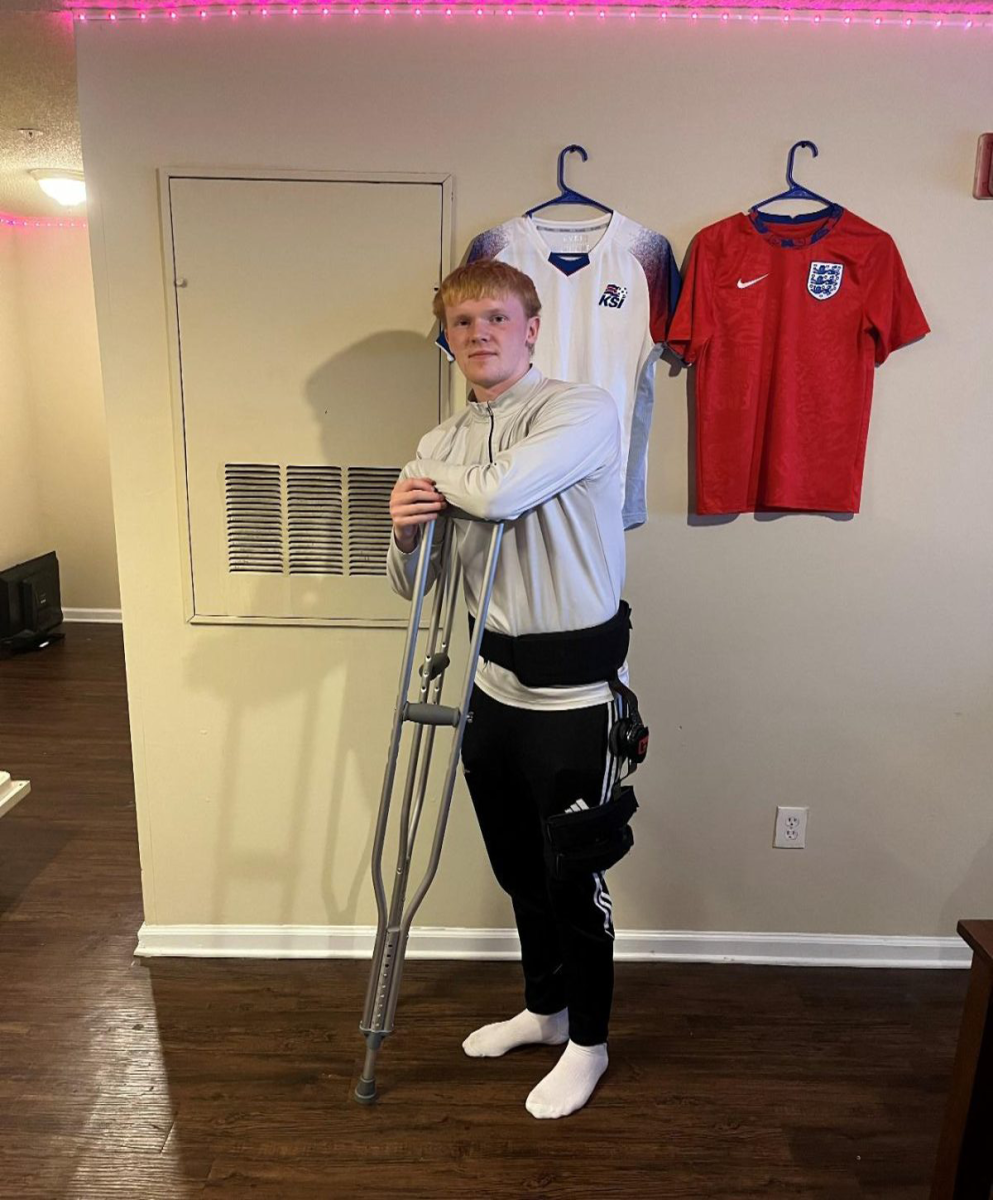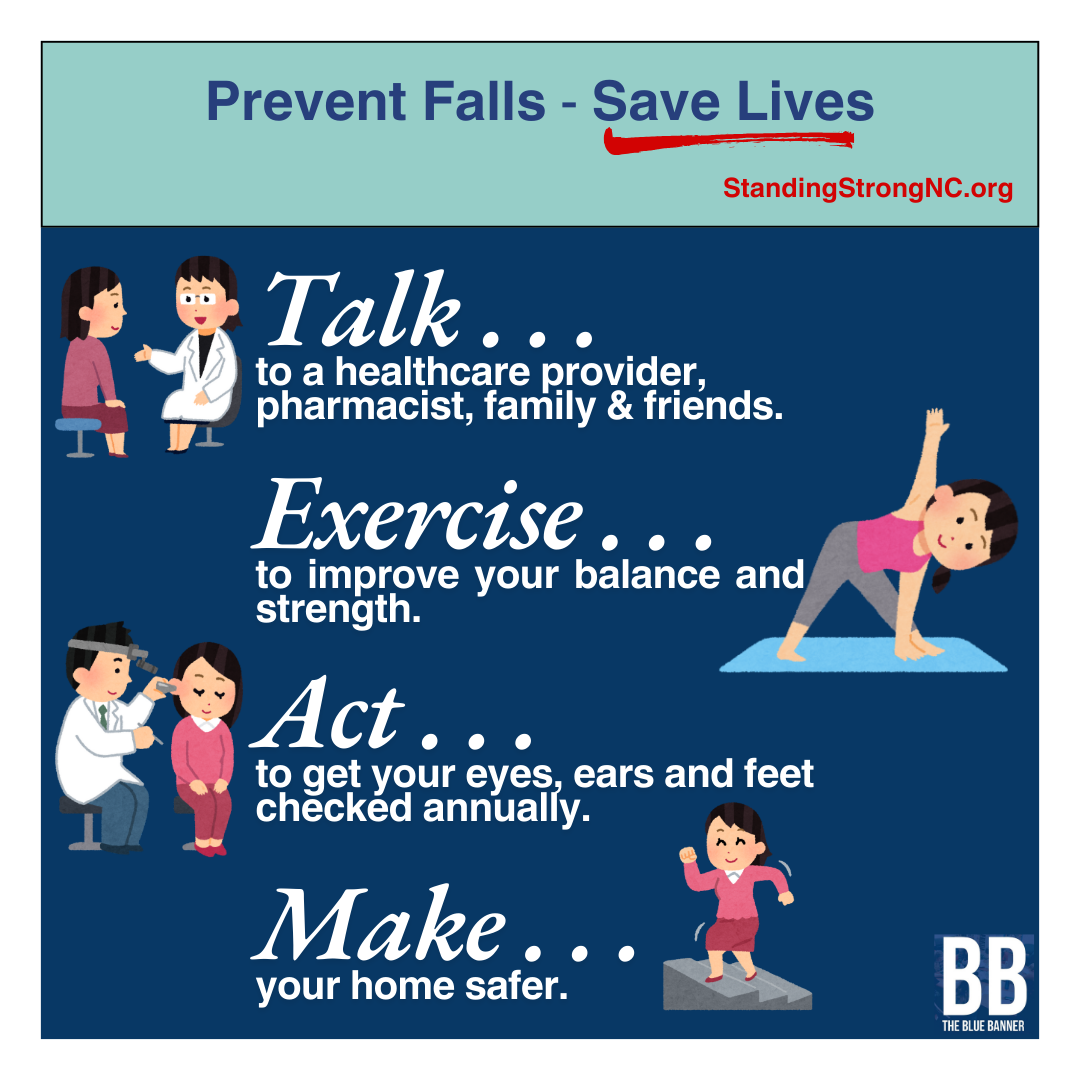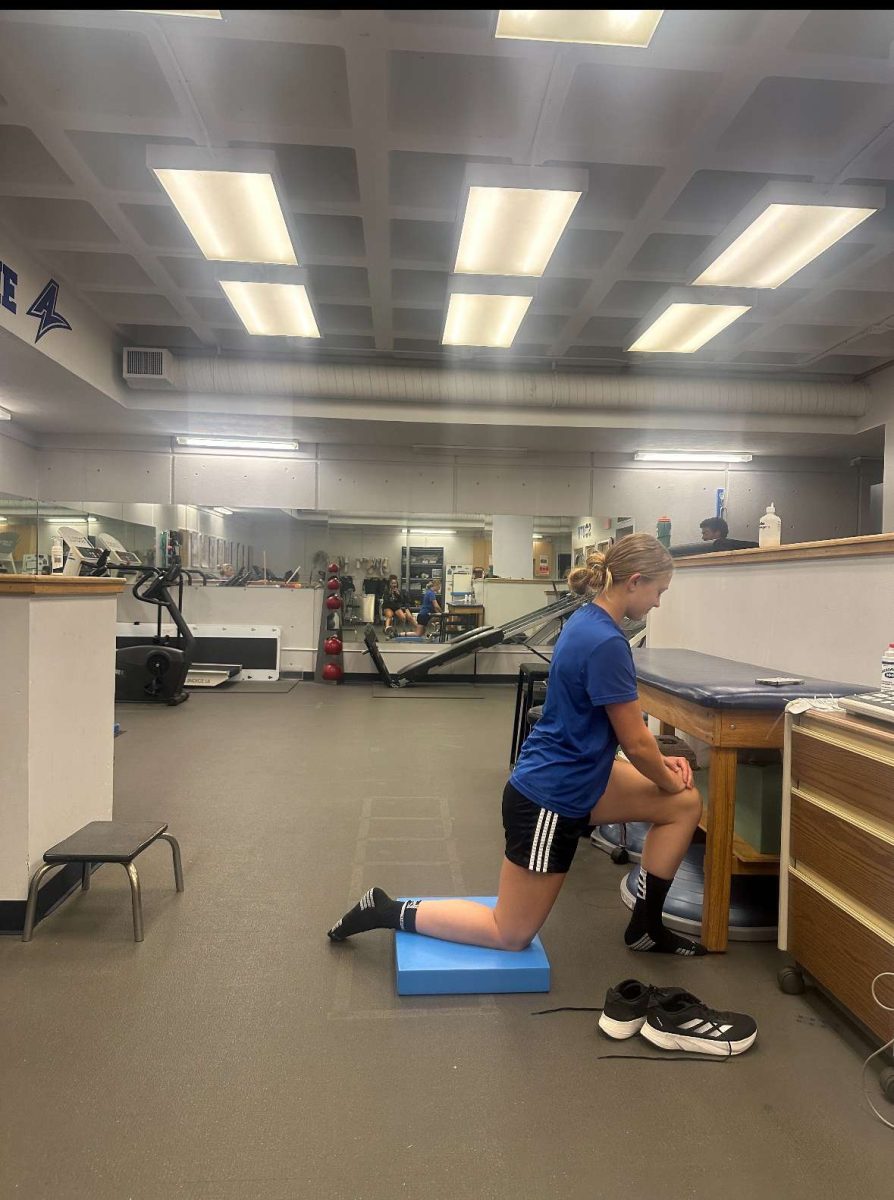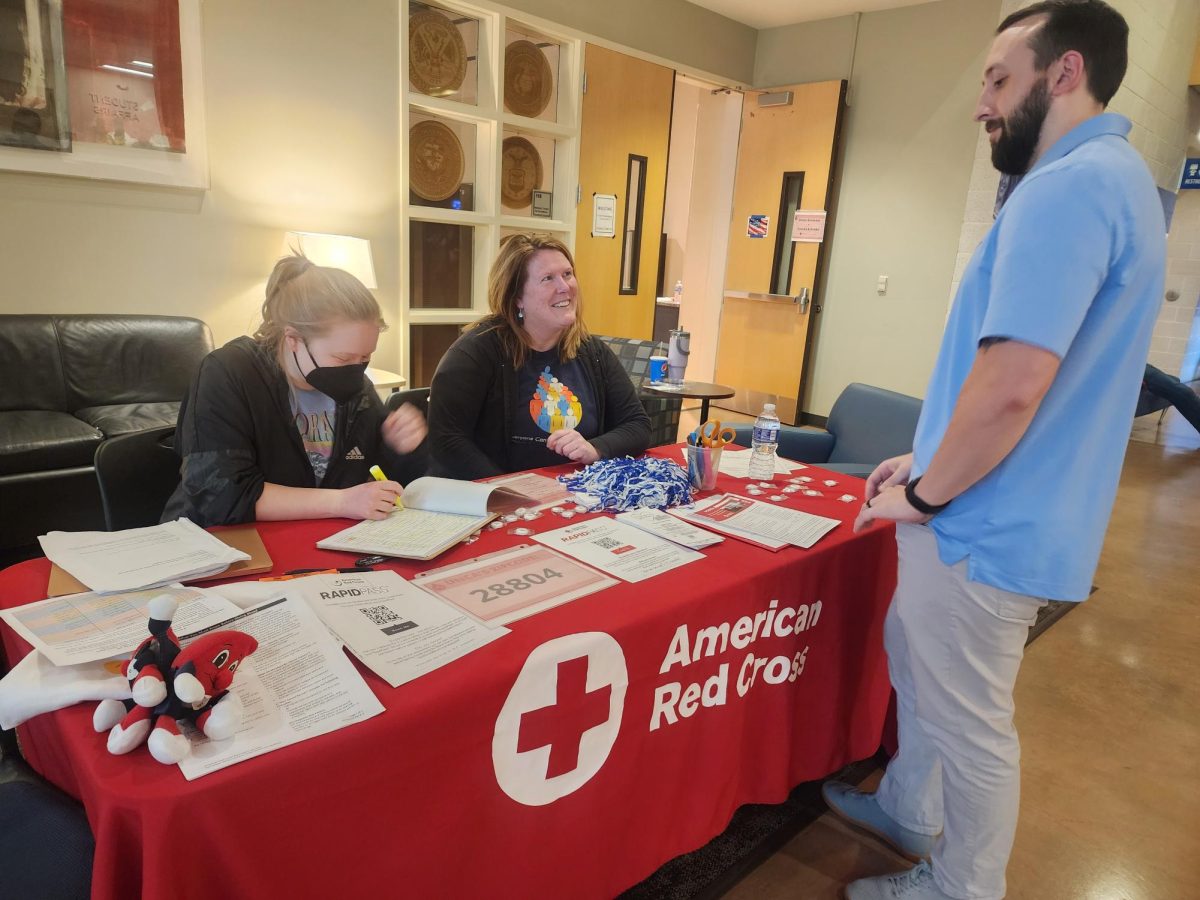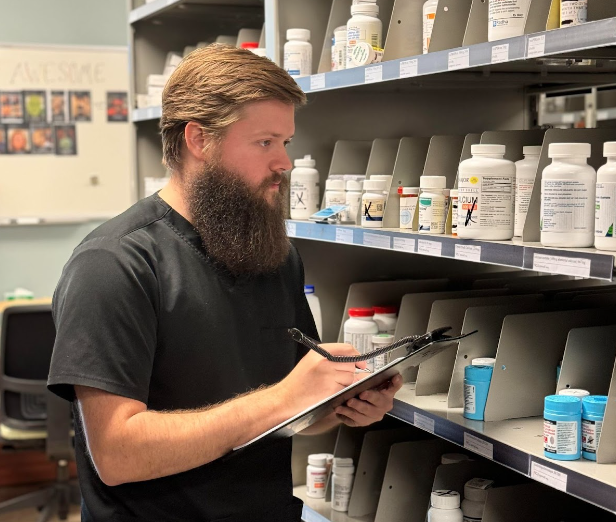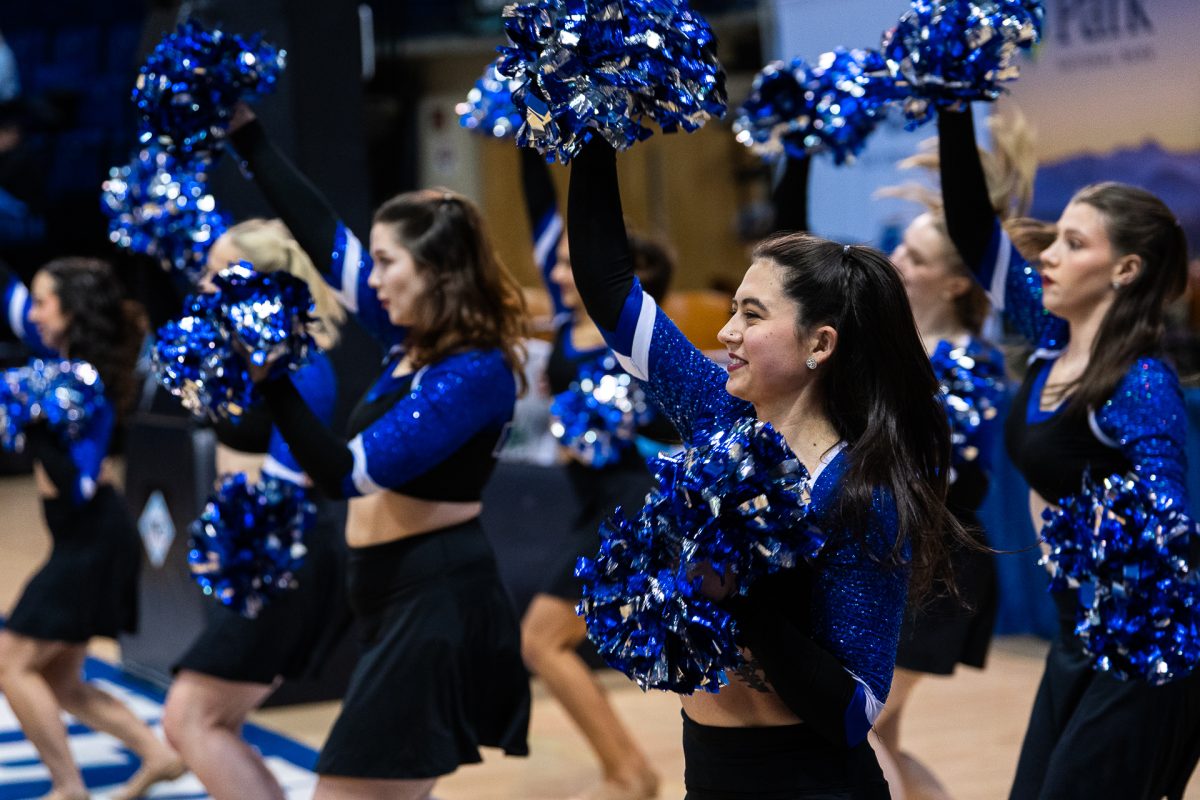Athletes at division one colleges say they experience mental health issues due to their injuries.
“My injury has affected my mental health a lot. The first few weeks were really tough, I didn’t want to get out of bed,” said Viðar Ragnarsson, an Icelandic sophomore student-athlete on the men’s soccer team at UNC Asheville.
Ragnarsson remains out, injured for five to six months after undergoing surgery for a torn labrum in his hip. He said this injury continues to be an ongoing issue for him.
“The first time I got this injury I was 14 years old. I was in the running to get into the youth national team and when I got the injury and knew something was wrong, it completely destroyed me,” Ragnarsson said.
The Icelandic student-athlete said being injured is tough for him both physically and mentally.
“From when I was 14 years old to today it’s been a constant struggle having to fight the injury mentally and to fight through the pain, so it’s just horrible,” Ragnarsson said.
Tim White, head athletic trainer at UNC Asheville said injuries affect student-athletes’ mental health because they identify with their sport.
“Student-athletes identify with their sport a lot of times, that’s part of their identity. With long-term injuries, that gets taken away because they’re out for six, eight, 12 months from being able to participate in their sport, so it definitely impacts their mental health,” White said.
Laura Jones, who holds a doctoral degree in clinical mental health counseling and is an associate professor of health & wellness and athletics mental health coordinator at UNC Asheville, said injuries affect athletes’ coping mechanisms.
“Without a doubt injuries affect an athlete’s mental health. For a lot of athletes, part of their identity is being an athlete and playing their sport, so when an athlete gets injured, its shaking their identity. They don’t have their regular coping skills because many athletes turn to their sport as a coping skill, so they don’t even have that to fall back on,” Jones said.
As an athlete, Ragnarsson also said mentally the toughest part of being injured is not being able to play the sport he loves.
“The toughest part is mentally not being able to move, train and not being able to run and kick a ball. Not being able to play the sport I love is what causes me the most mental issues because it’s my way of getting away from everything else that’s going on in my life,” Ragnarsson said.
The sophomore student-athlete said his injury also caused him challenges in his life academically.
“It’s been tough not being able to get to class as easily. It mentally and physically drains you just getting to class and then having to sit there with the injury. I haven’t been able to walk for the past month and being on crutches means I can’t focus and can’t think in class,” Ragnarsson said.
The UNC Asheville men’s soccer player also said his injury caused him to experience mental health issues due to being behind on schoolwork and staying social.
“I get stuck to my room which is not the best thing especially since I’m far from home. The injury doesn’t push me to socialize or go to class and falling behind on schoolwork because of my injury makes me so anxious, it’s just hard all around,” Ragnarsson said.
Ragnarsson said his injury does make him worried he won’t return to his full potential but is appreciative of the positive reinforcement he receives from others.
“I have thoughts of being scared that I’ll never be the player I was before but the people around me are the ones that keep bringing the positivity and are making sure I don’t get affected as much by these thoughts. Everybody says that it is going to get better and that’s helped me a lot,” Ragnarsson said.
White said the athletic trainers at UNC Asheville try to remain positive for the athletes throughout their injuries.
“We try to focus on the positive side and the gains they have made over the past two weeks or three weeks or however long it’s been,” White said.
Jones said due to their competitive nature, it is important for athletes to recognize when they can be vulnerable and when they can call for help.
“Athletes in general carry a larger stigma around struggling with mental health than their non-athlete peers. Athletes are all trained in mental toughness and there is absolutely a place for mental toughness when athletes are playing their sport, but the minute athletes step off that pitch, that’s when that vulnerability is important in terms of sharing your struggles. That’s when you become a human being and not a superhero,” Jones said.
The athletics mental health coordinator at UNC Asheville said they are making progress with athletes speaking up when they need help but there is still room to improve.
“I don’t yet think we’re to that place where everybody feels the same level of comfort in sharing their struggles, but I do think we’re making a lot of progress,” Jones said.
With seven and a half years of experience in working with athlete’s mental health, Jones put programs in place at UNC Asheville to support athletes’ mental health.
“We have our peer mental health ambassador program. As part of that program, we have started and are going to continue meetings for injured athletes so they can hear from other peers and strategize with one another,” Jones said.
Jones said appropriate resources at UNC Asheville exist to help student-athletes who may be experiencing mental health issues.
“I think we have a lot of resources and if student-athletes were to ever say we need more, then we’re going to do something about it and continue to do our absolute best to meet the needs of student-athletes,” Jones said.
Jones said she aspires for the mental health support provided for student-athletes at UNC Asheville to be the best in the Big South Conference.
“I want to be a program that other Big South schools turn to and say, ‘that’s what we need to do regarding the support that we give our student-athletes,’” Jones said.

















